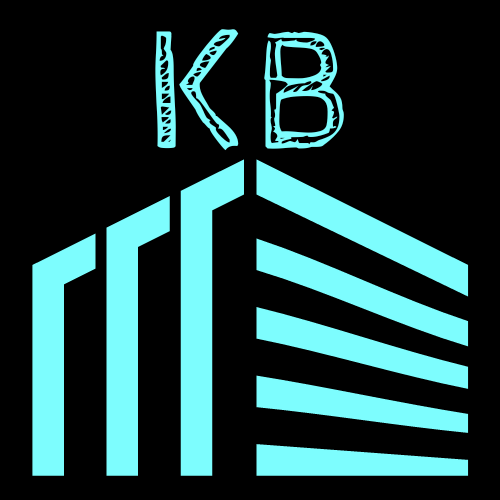Creating a positive work environment is crucial for fostering employee engagement, productivity, and satisfaction. Two powerful tools that contribute significantly to this are feedback and recognition. Feedback provides employees with valuable insights and guidance to improve their performance, while recognition acknowledges their achievements and contributions.
Continuous Improvement and Skill Development
Feedback plays a vital role in employee growth and development. By providing constructive feedback, managers can help employees identify their strengths and areas for improvement. Clear and specific feedback allows employees to understand their performance expectations and take proactive steps to enhance their skills. Regular feedback discussions create a culture of continuous learning where employees are motivated to seek opportunities for growth and development. This focus on improvement leads to enhanced productivity and increased job satisfaction.
Increased Employee Engagement
When employees receive feedback, they feel valued and connected to their work. Constructive feedback provides them with a sense of purpose and direction, making them feel invested in their role within the organization. Additionally, recognition reinforces positive behavior and effort, motivating employees to continue performing at a high level. Engaged employees are more committed to their work, take ownership of their responsibilities, and contribute their best efforts to achieve organizational goals.
Strengthened Manager-Employee Relationships
Regular feedback and recognition promote stronger relationships between managers and employees. When managers provide timely and meaningful feedback, it demonstrates their investment in employee success and development. Employees appreciate managers who actively engage with them, provide guidance, and genuinely care about their professional growth. Similarly, recognition from managers and peers builds trust and fosters a positive work environment. Strong manager-employee relationships lead to open communication, increased collaboration, and a sense of camaraderie, all of which contribute to improved productivity and job satisfaction.
Alignment with Organizational Goals
Feedback and recognition help align individual performance with organizational goals. Clear feedback discussions allow employees to understand how their contributions impact the overall success of the organization. When employees receive feedback that links their work to the larger picture, they gain a sense of purpose and motivation to align their efforts with organizational objectives. Recognition serves as a reinforcement of the desired behaviors and outcomes that contribute to the organization’s success. This alignment ensures that employees are focused on tasks and projects that directly impact the organization’s goals, resulting in improved productivity and efficiency.
Enhanced Employee Well-being and Job Satisfaction
Feedback and recognition contribute to improved employee well-being and job satisfaction. Constructive feedback helps employees understand their strengths and areas for growth, reducing feelings of uncertainty or inadequacy. It provides a sense of direction and allows employees to make progress toward their professional goals. Regular recognition acknowledges and appreciates employees’ hard work and contributions, boosting their self-confidence and job satisfaction. When employees feel valued and supported, their overall well-being improves.
Feedback and recognition are powerful tools that enhance workplace productivity and satisfaction. By providing constructive feedback, organizations can foster a culture of continuous improvement and skill development. Regular recognition acknowledges employees’ achievements and contributions, reinforcing positive behaviors and motivating them to excel. By incorporating feedback and recognition into their management practices, organizations can create a positive work environment where employees thrive, resulting in higher productivity and job satisfaction.

